BS in Industrial Engineering
Hits: 9588What is industrial engineering?
Industrial engineering is concerned with the design, improvement and installation of integrated systems of people, materials, information, equipment and energy. It draws upon specialized knowledge and skill in the mathematical, physical, and social sciences together with the principles and methods of engineering analysis and design, to specify, predict, and evaluate the results to be obtained from such systems.
The prime of objectives of industrial engineering are:
(1) to increase productivity,
(2) to eliminate waste and non-value-added activities, and
(3) to come up with the optimum use of scarce resources
that would bring out the best results.
Why Industrial Engineering?
1. Industrial Engineering is a derivative of Mechanical Engineering.
2. IE is an interdisciplinary Engineering.
3.It involves many principles of management.
4.IE can be applied across in all types of industries.
5. IE has extensive job oppportunities.
Industrial engineering is involved in the following fields:
- Production materials and processes
- Statistics (descriptive and inferential)
- Methods engineering: motion and time measurement, work sampling, value engineering
- Product research and development
- Feasibility studies
- Quality control
- Operations research (OR is about the optimization of use of resources to achieve the best results)
- Engineering economy
- Systems simulation
- Manufacturing systems / Information systems
- Structured analyses and design
- Facilities engineering
- Logistics and supply chain
- Materials Production and Processes
Career Opportunies for IEs are:
- Methods Engineer in logistics and manufacturing companies.
- Ergonomist in manufacturing companies
- Operations Research Analyst for service/airline/courier companies
- Quality Engineer in electronics, automotive, food and consumer goods companies.
BSIE Graduates may be employed in any of the mentioned fields as Bataan and the neighboring provinces actually have many opportunities (in the manufacturing sector) for BSIE Graduates.
Career opportunities for IEs are:
- as a methods engineer in a logistics company
- as an ergonomist in a television manufacturing plant
- as an operations research analyst for an airline/courier company
- as a quality engineer in a food and consumer goods company
BSIE Graduates may be employed in any of the above-mentioned fields, but Bataan and the neighboring provinces have many opportunities (in the manufacturing sector) for BSIE Graduates. Career Opportunities of BSIE Graduates in Bataan and neighboring provinces: Authority of the Freeport Area of Bataan, Subic Bay Metropolitan Authority, Clark Freeport Zone and Hermosa Industrial Park
History of BSIE Program in BPSU
In 2015, Prof. John Ryan C. Dizon completed a feasibility study on the offering of the BS Industrial Engineering in BPSU. The study showed that there is a significant need of Industrial Engineering graduates due to the influx of manufacturing companies in Bataan and neighbouring provinces of Zambales and Pampanga. It was also found that a considerable number of high school students in Bataan prefer to enroll in the BSIE program.
BS Industrial Engineering Program Educational Objectives:
1. To produce world class Industrial Engineering graduates ready to compete locally and globally.
2. To train students to be well-versed in the following areas of Industrial Engineering specification: Quality Management System, Operation Research, Ergonomics, Production and Operations Management and Entrepreneurship
3. To promote the 21st Century Learning Skills such as Critical thinking, Communication, Collaboration and Creativity in most activities in the program.
4. To develop the problem-solving skills of students through scientific research.
5. To promote professional work ethics, service to the community, lifelong learning for the continuous development society and oneself.
BSIE Program in BPSU
- BSIE program is intended to prepare students for a professional Industrial Engineering career including a role in the design, improvement and installation of information, equipment and energy.
- 4 academic years
- Total of 192 units
BSIE Program Outcomes
PO-001 Participate in the generation of new knowledge or in research and development projects. (CMO 46, series of 2012)
PO-002 Acquire the competencies to support “national, regional and local development plans. (RA 7722)
PO-003 Ability to apply knowledge of mathematics and science to solve complex industrial engineering problems
PO-004 Ability to design and construct experiments, as well as to analyze and interpret data
PO-005 Ability to design a system, component, or process to meet desired needs within realistic constraints such as economic, environmental, social, political, ethical, health and safety, manufacturability, and sustainability, in accordance with standards
PO-006 Ability to function on multidisciplinary and multicultural teams
PO-007 Ability to identify, formulate and solve complex industrial engineering problems
PO-008 Understanding of professional and ethical responsibility
PO-009 Ability to communicate effectively
PO-010 Broad education necessary to understand the impact of engineering solutions in a global, economic, environmental, and societal context
PO-011 Recognition of the need for, and an ability to engage in life-long learning
PO-012 Knowledge of contemporary issues
PO-013 Ability to use techniques, skills, and modern engineering tools necessary for engineering practice
PO-014 Knowledge and understanding of engineering and management principles as a member and leader in a team, to manage projects and in multidisciplinary environments
PO-015 Ability to design, develop, implement, and improve integrated systems that include people, materials, information, equipment, and energy.
Faculty Profile
BSIE Program Head
Engr. Ruevan E. Alboro, PIE, LPT, MEM is a graduate of BS Industrial Engineering at the Polytechnic University of the Philippines (PUP-Bataan Branch). She also has a Master’s Degree in Engineering Management and Certificate in Professional Teaching Program from Bataan Peninsula State University (Graduate School). She has 12 years industry experience and nine (9) years of teaching experience. Engr. Alboro is a Licensed Professional Teacher and a Professional Industrial Engineer by the IE Certification Board / PIIE.
BSIE Faculty
Engr. Catherine Rubia-Amboni is a graduate of Bachelor of Science in Industrial Engineering at the Polytechnic University of the Philippines (PUP-Bataan Branch). She is currently pursuing her Master’s Degree in Engineering Management at Bataan Peninsula State University Main Campus Graduate School. She has nine (9) years of industry experience and seven (7) years of teaching experience. Engr. Amboni is a Licensed Professional Teacher.
Engr. RJ L. Briones is a graduate of BS Industrial Engineering at the Polytechnic University of the Philippines (PUP-Bataan Branch). He also has a Post Baccalaureate Degree in Teaching Education Major in Mathematics from Polytechnic University of the Philippines (PUP-Bataan Branch). He has 9 months of industry experience and 1 year teaching experience.
Professor John Ryan C. Dizon is a graduate of BS Industrial Engineering at Saint Louis University (Baguio City). He has a Master’s Degree in Mechanical Design Engineering and a Doctorate Degree in Mechanical Engineering. Prof. Dizon is Professional Industrial Engineer and Professor of Mechanical Engineering. His research is focused on 3d printing, mechanical characterization, and advanced manufacturing. He has been teaching at the undergraduate and graduate levels in BPSU since 2008.
Engr. Michaela T. Espino is a graduate of BS Industrial Engineering at the Polytechnic University of the Philippines (PUP-Bataan Branch). She is currently pursuing a Master’s Degree in Engineering Management from Bataan Peninsula State University. She has 3 years of industry experience and and 3 years teaching experience. Engr. Espino is a Certified Lean Six Sigma Yellow Belt by Six Sigma Belt Guru, Inc.
Courses in the 4-Year Industrial Engineering Program
1st Year, 1st Semester
• English Skills Enhancement
• Kontekstwalisadong Komunikasyon sa Filipino
• Readings in Philippine History
• Understanding the Self
• Differential Calculus
• Chemistry for Engineers
• Principles of Economics
• Introduction to Industrial Engineering
• Physical Fitness, NSTP1
1st Year, 2nd Semester
• Sinesosyedad
• Purposive Communication
• Mathematics in the Modern World
• Calculus 2
• Physics for Engineers
• Statistical Analysis for Industrial Engineering 1
• Auquatics
• NSTP2
2nd Year, 1st Semester
• Ethics
• Science, Technology and Society
• Computer Fundamentals and Programming
• Differential Equations
• Industrial Organization and Management
• Industrial Materials and Processes
• Industrial Materials and Processes Laboratory
• Statistical Analysis for Industrial Engineering 2
• Basic Korean/Spanish
• Athletic Sports and Management
2nd Year, 2nd Semester
• The Contemporary World
• Art Appreciation
• Big History
• Advanced Mathematics for Industrial Engineering
• Computer-Aided Drafting
• Work Study and Measurement
• Advanced Korean/Spanish
• Recreational and Leisure Activities
• Review of Basic Engineering Courses
3rd Year, 1st Semester
• Financial Accounting
• Operations Research 1
• Quality Management Systems
• Ergonomics 1
• Industrial Psychology
• Industrial •Marketing
• Thermodynamics
• Engineering Economics
3rd Year, 2nd Semester
• The Life and Works of Rizal
• Operations Research 2
• Operations Management
• Ergonomics 2
• Engineering Mechanics
• Managerial Accounting
• Industrial Quality Control
• Basic Occupational Safety and Health
3rd Year, Mid-Year
• IE Industry Immersion
4th Year, 1st Semester
• Project Feasibility
• IE Capstone Project 1
• Supply Chain Management
• Information Systems
• Systems Engineering
• IE Professional Elective 1: Facilities Planning and Design
• Enhancement Course: Additive Manufacturing
• Seminars and Plant Visits
• Elementary Electrical Engineering
4th Year, 2nd Semester
• IE Capstone Project 2
• IE Professional Elective 2: Total Quality Management
• IE Professional Elective 3: Personnel Management
• Technopreneurship
• Environmental Science
• Enhancement Course: Lean Six Sigma
• IE Certification Board Examination Review
Philippine Institute of Industial Engineers
- The Philippine Institue of Industrial Engineers (PIIE) is an organization that strives to provides boundless professional, academic and leadership opportunities for Industrial Engineers.
- Composed of more than 3,000 professional members and 12,000 student members from sixty schools all over the country
- PIIE is a model umbrella organization that endeavors to promote continuous growth in the field of Industrial Engineering in the Philippines.
- The body’s National Student Chapter (PIIE - NSC) embodies this objective by conducting activities and running programs and initiatives which are all for the benefit of the Industrial Engineering student community.
CIE / PIE
What is PIIE Certification?
IE Certification is a voluntary process, which validates an individual’s qualifications in the field of Industrial Engineering (IE) professional practice.
TWO LEVELS OF PIIE CERTIFICATION:
Level 1 : The Certified Industrial Engineering (CIE)
1. The CIE is a designation for associate practice.
2. The criteria for CIE certification are:
- An active PIIE member
- A Filipino Citizen
- Has a bachelor’s degree in Industrial Engineering from CHED-recognized school/university with an
accredited Bachelor of Science in Industrial Engineering (BSIE) program or an internationally
accredited program.
- Attain a passing score on the CIE written examination on IE core knowledge.
3. The CIE applies a general breadth or knowledge to analysis and evaluation. The applicant should exhibit the minimum standards of competency for Industrial Engineering practice. The scope of pratice for the CIE is limited to the use of commonly accepted tools and techniques for the analysis and enhancement of performance in existing systems.
LEVEL 2 : The Professional IE (PIE) under Portfolio Review
1. The PIE is the designation for professional practice.
2. The criteria for PIE certification are:
- Filipino citizen/naturalized (NSO certified)
- Seven (7) years of IE work experience
- Testimonial of major IE work experience
3. The PIE applies and develops methodologies for analyzing, designing, testing and evaluating systems. The professional practitioner addresses comples problems and advanced industrial engineering technologies and methods in his/her area of specialization.
4. Renewable every three years
Life as a BSIE Student in BPSU…
BPSU Society of Industrial Engineering Students shall provide the leadership in developing the Industrial Engineering field; dedicated in advancing the technical and managerial skills of its members.
- Campus Student Council Programs / Projects
- College Student Council Programs / Projects
- Society of Industrial Engineering Students Programs / Projects
Society of Industrial Engineering Students (SIES) Programs and Activities
- Orientation
- Acquaintance Party
- IE Sportsfest
- CEA Fest
- University Intramurals
- IE Fest
- Seminars
- Other co-/extra-curricular activities
Contact details:
Program Head: Engr. Ruevan E. Alboro, PIE, LPT, MEM
Email address: This email address is being protected from spambots. You need JavaScript enabled to view it.
BPSU Main Campus Admissions Office Phone: +63 47 2376450

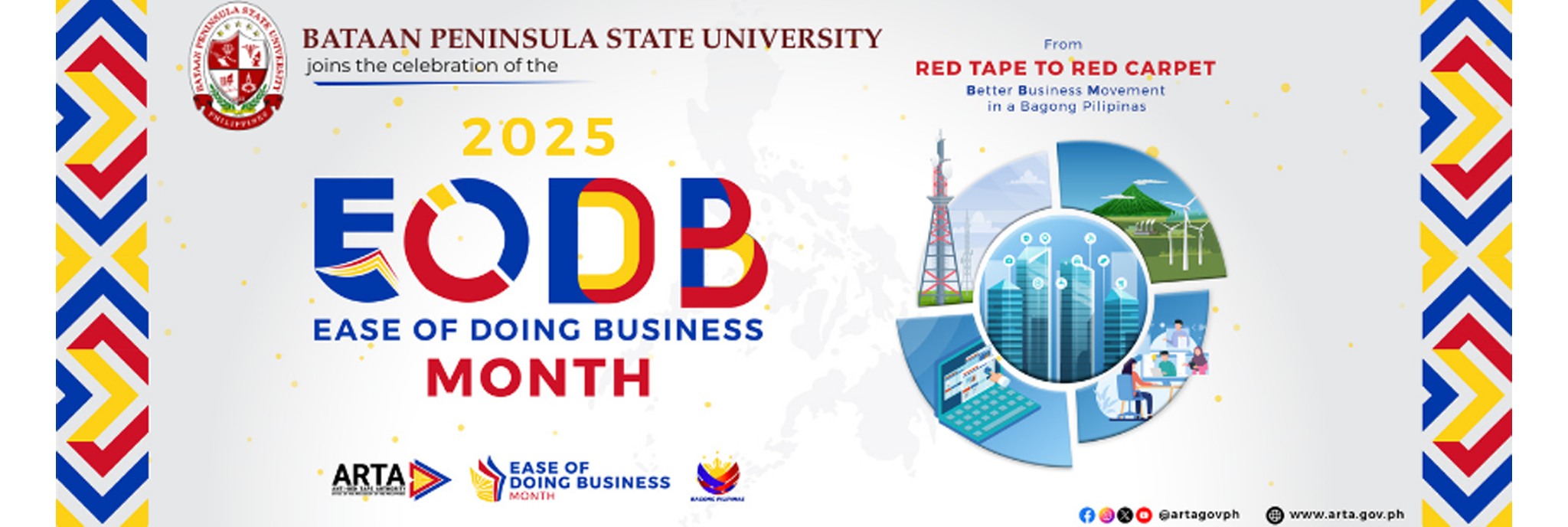
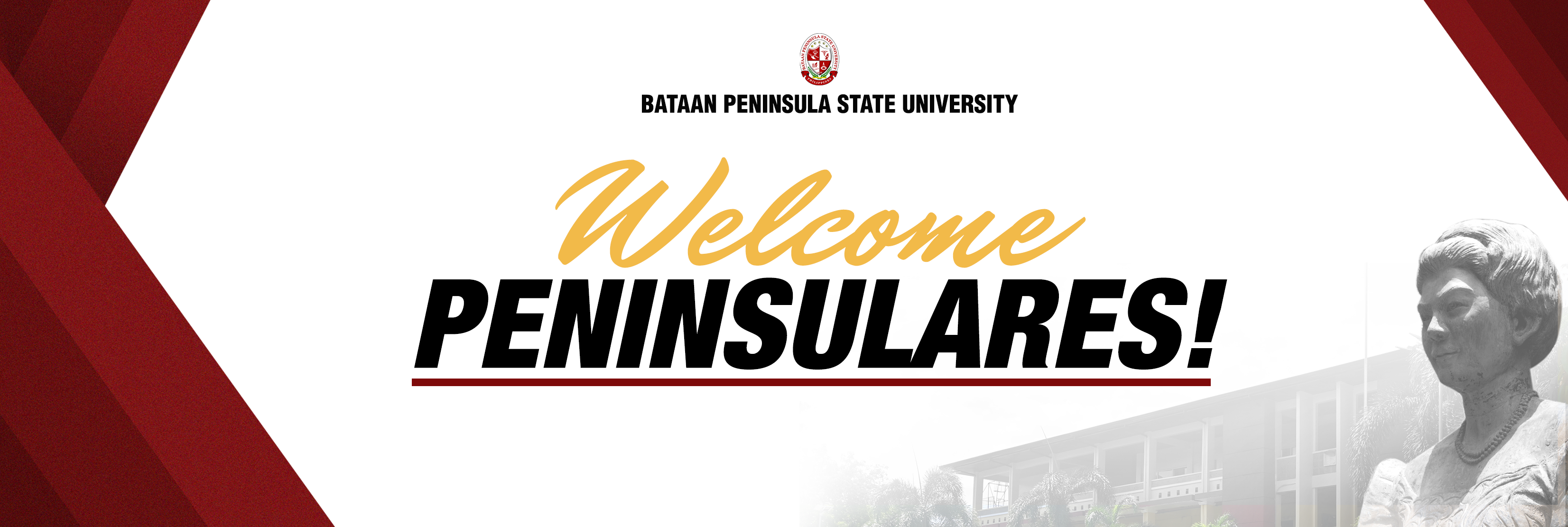


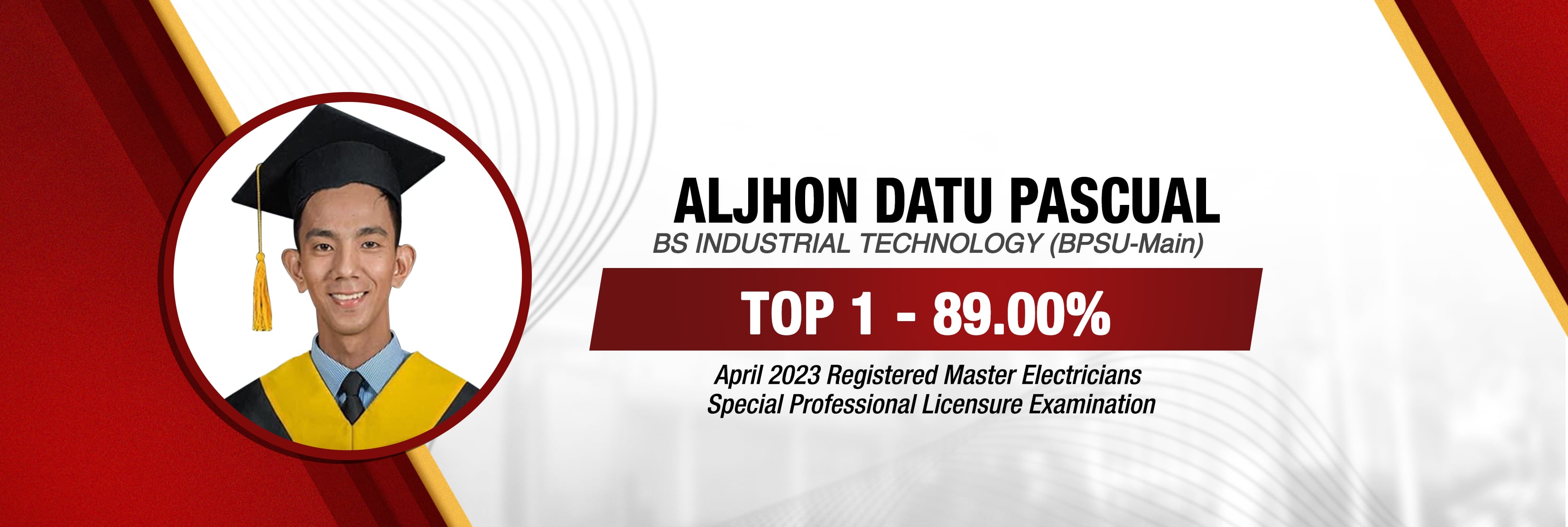
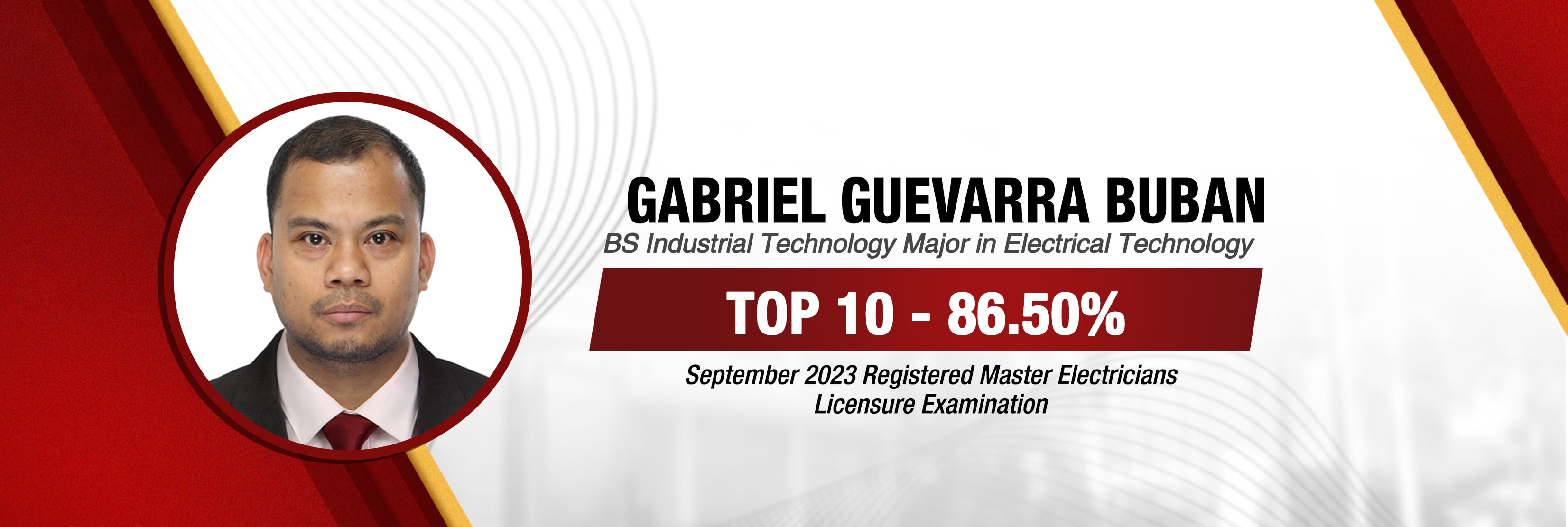
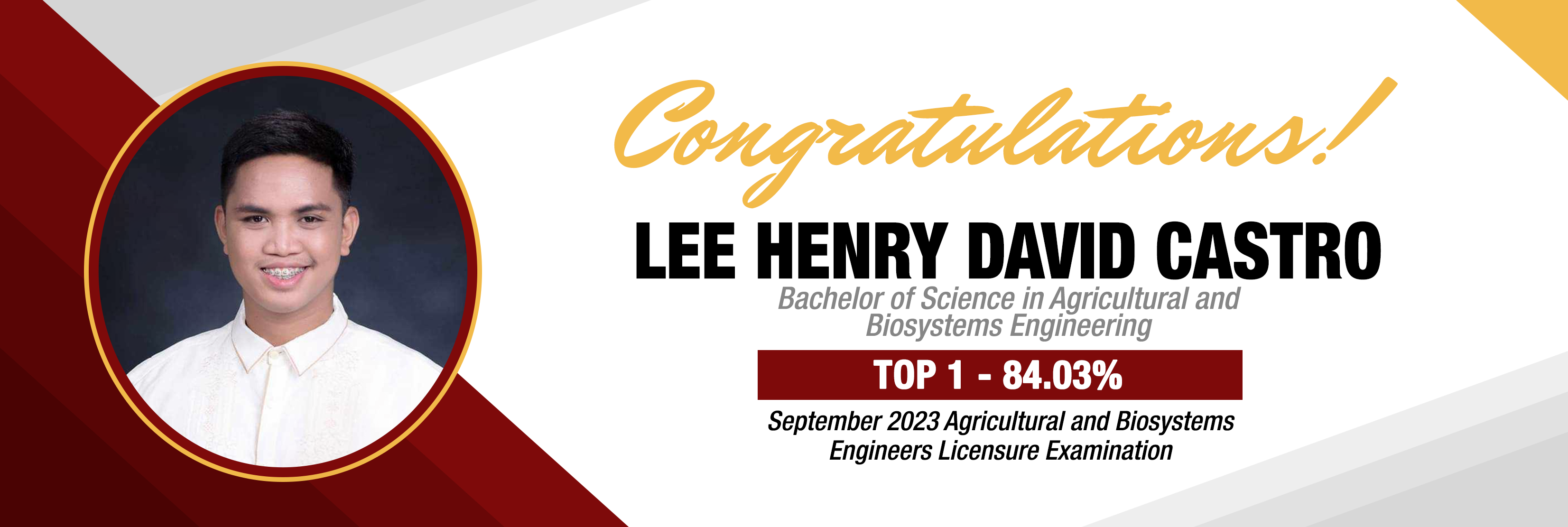
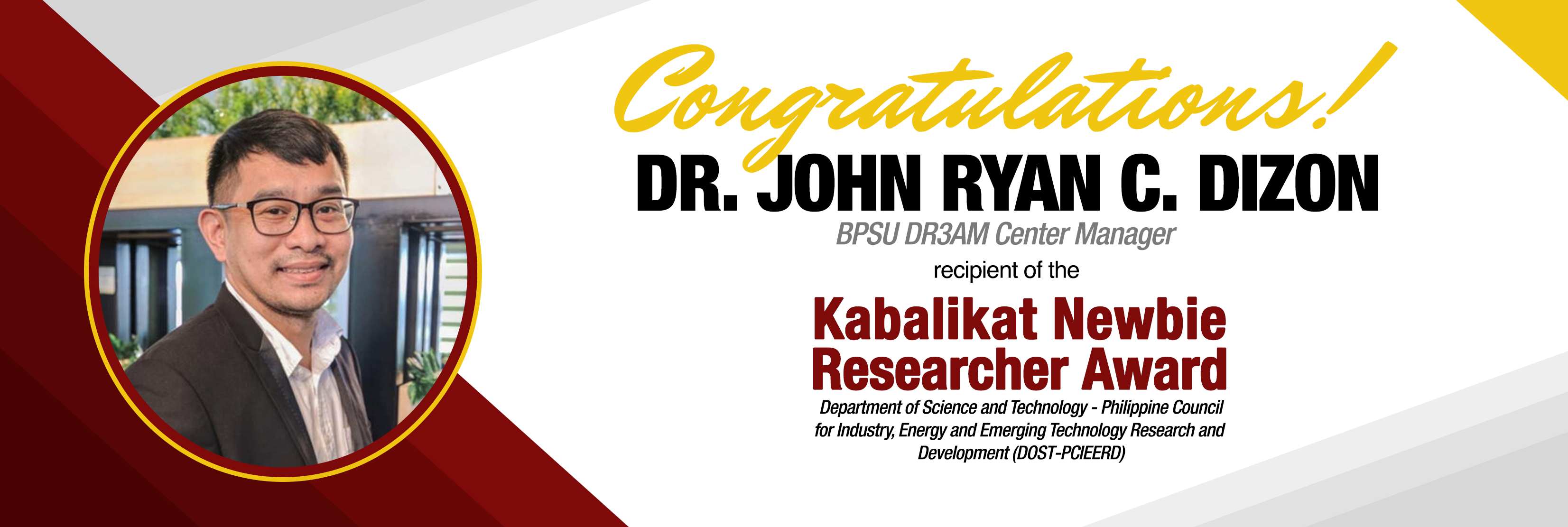
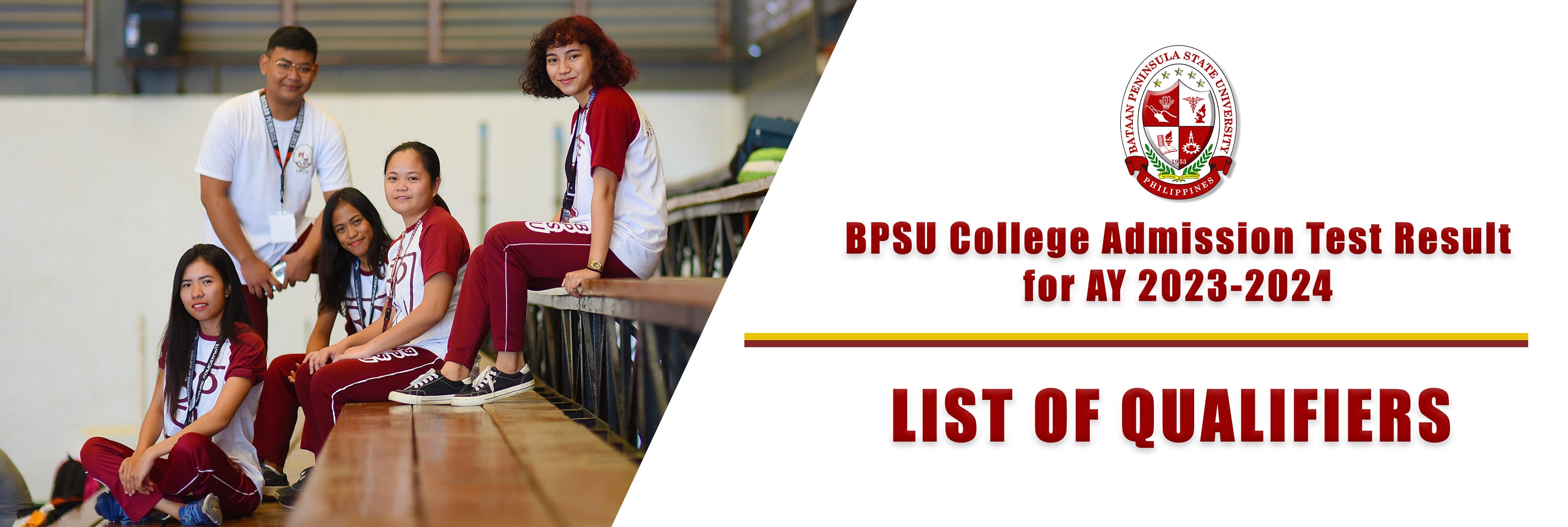

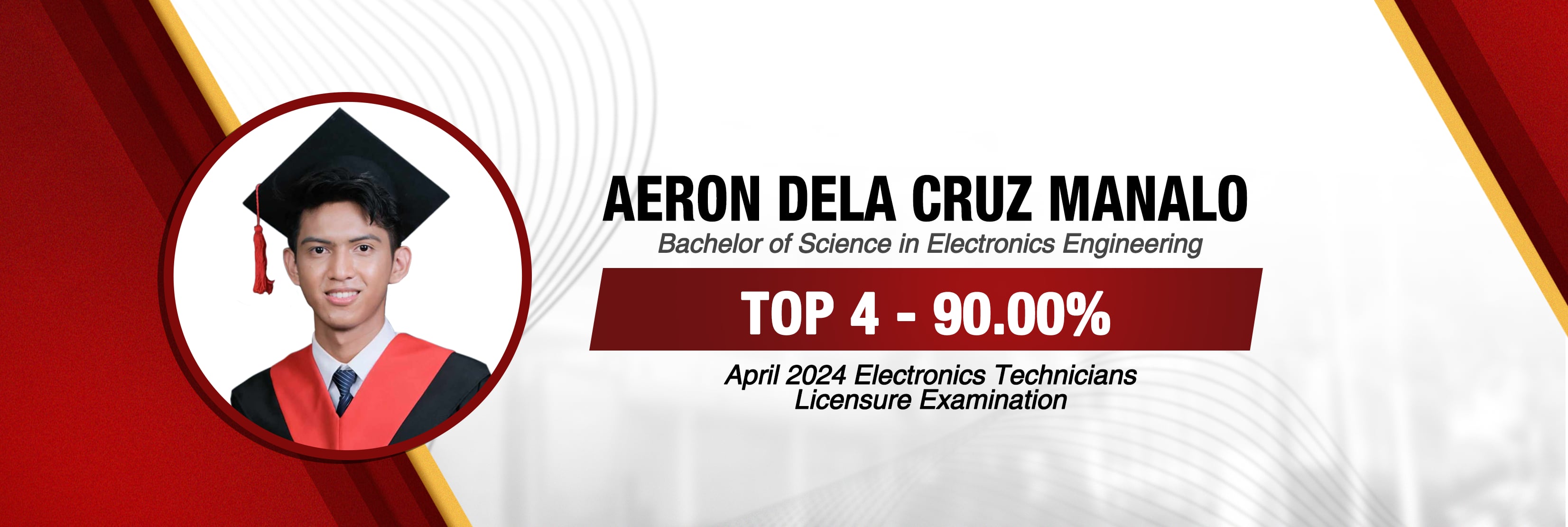
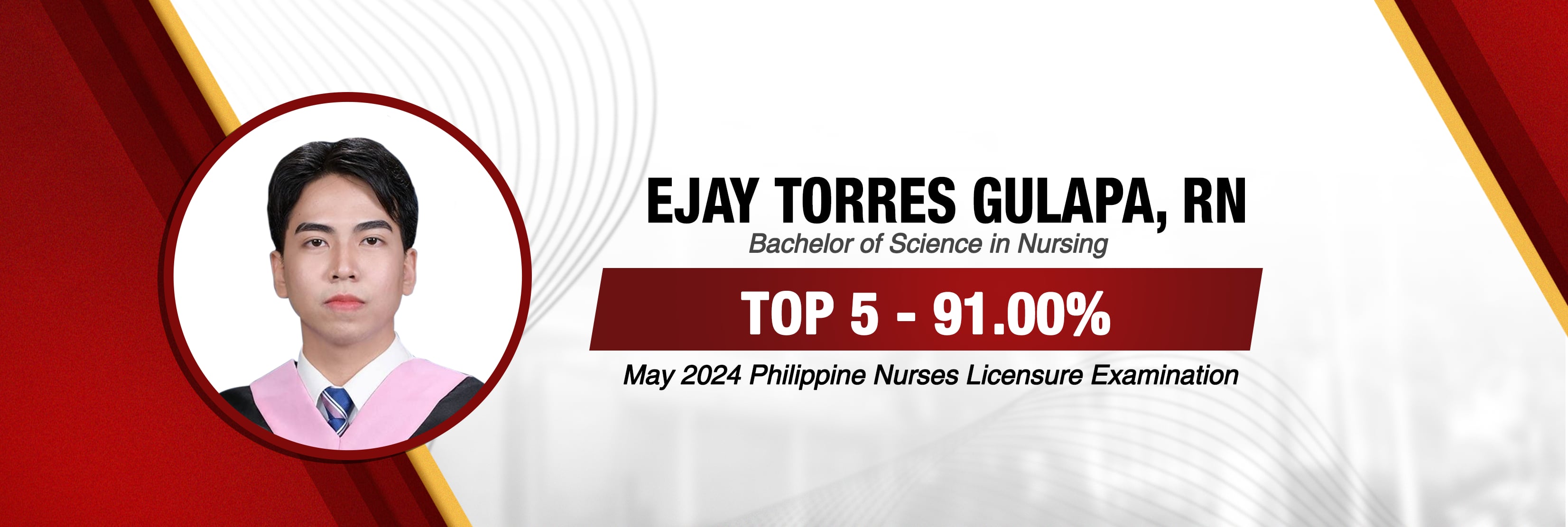
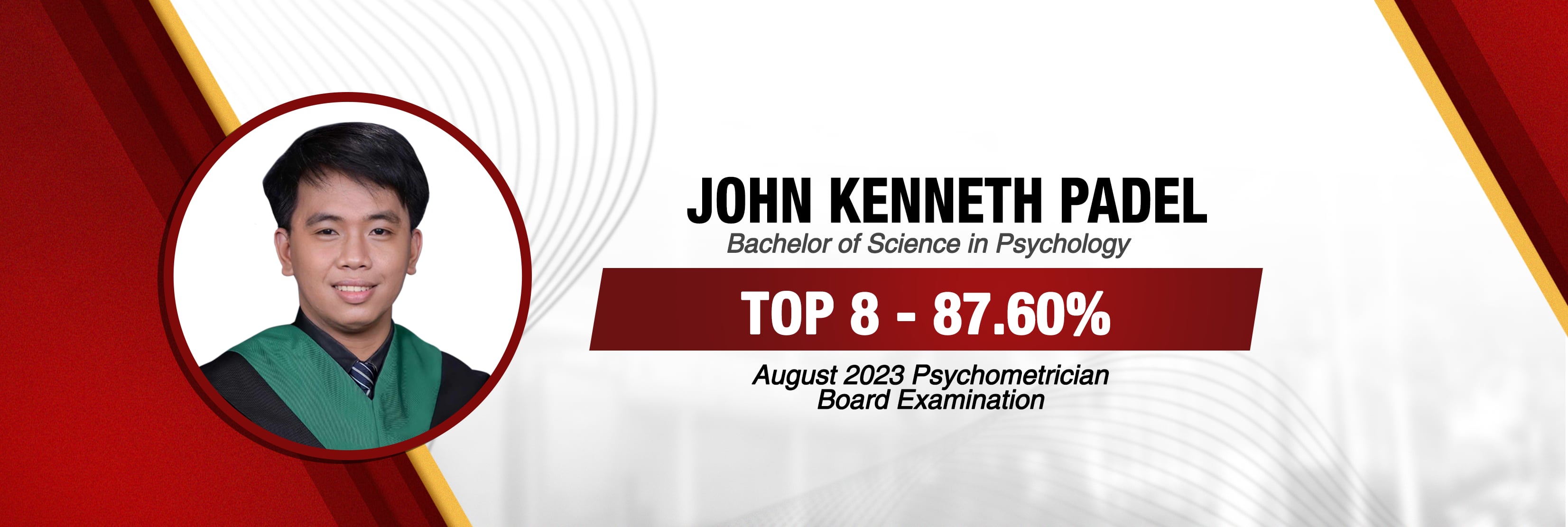
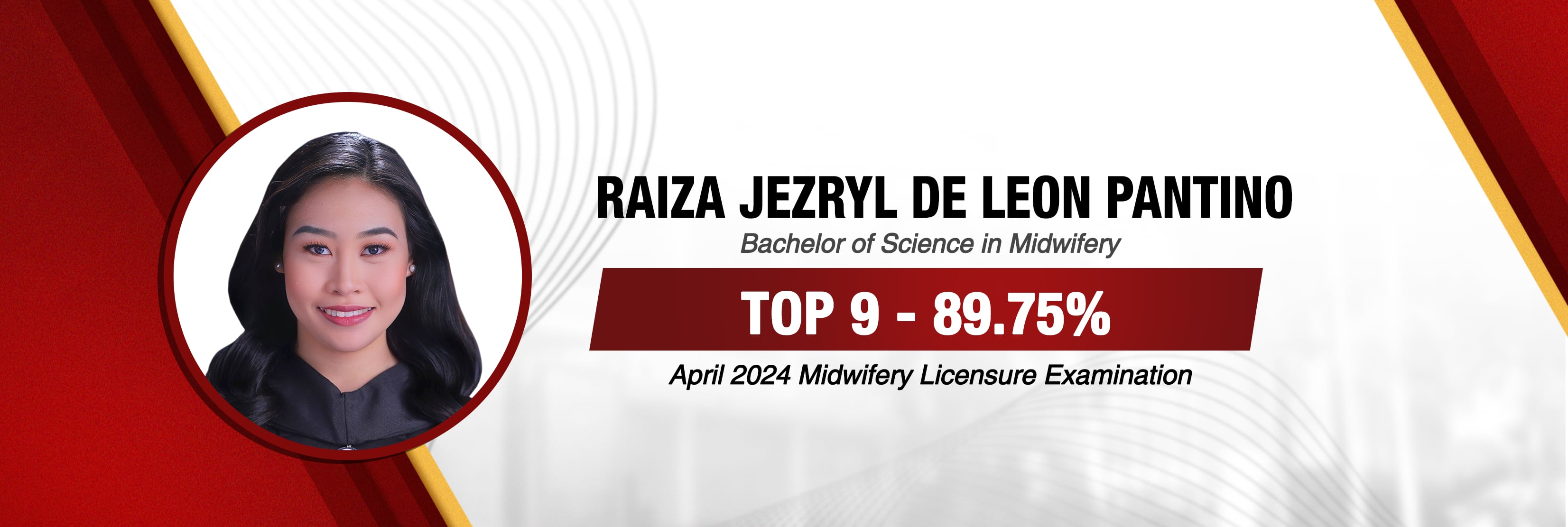
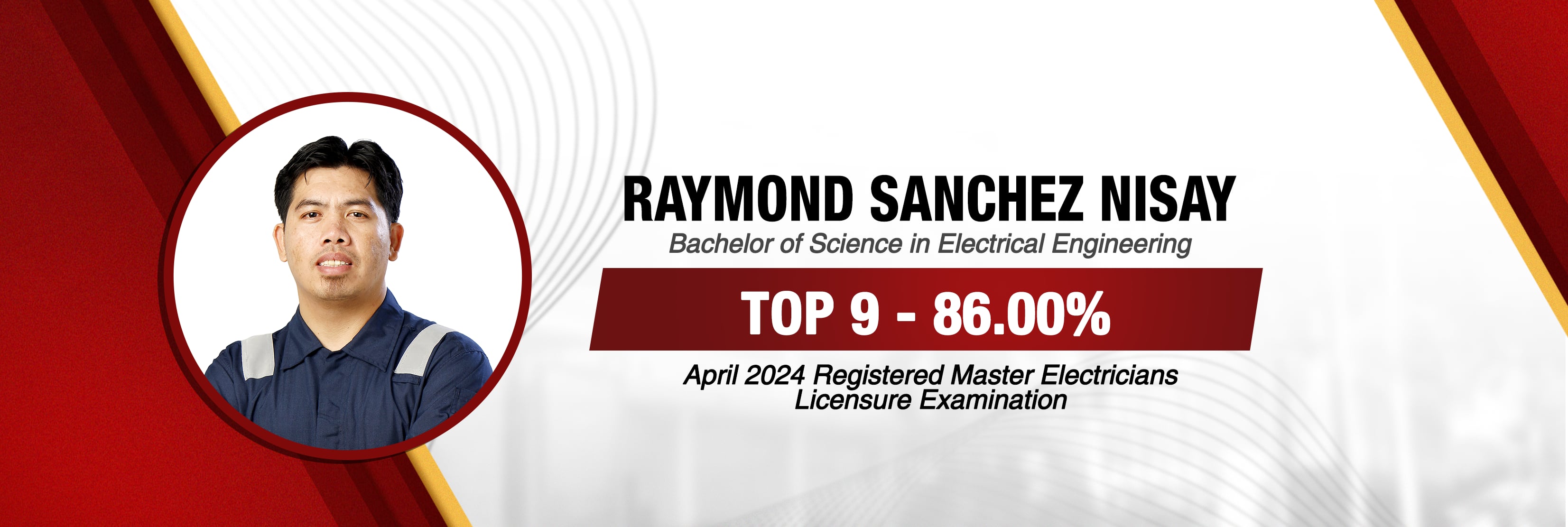
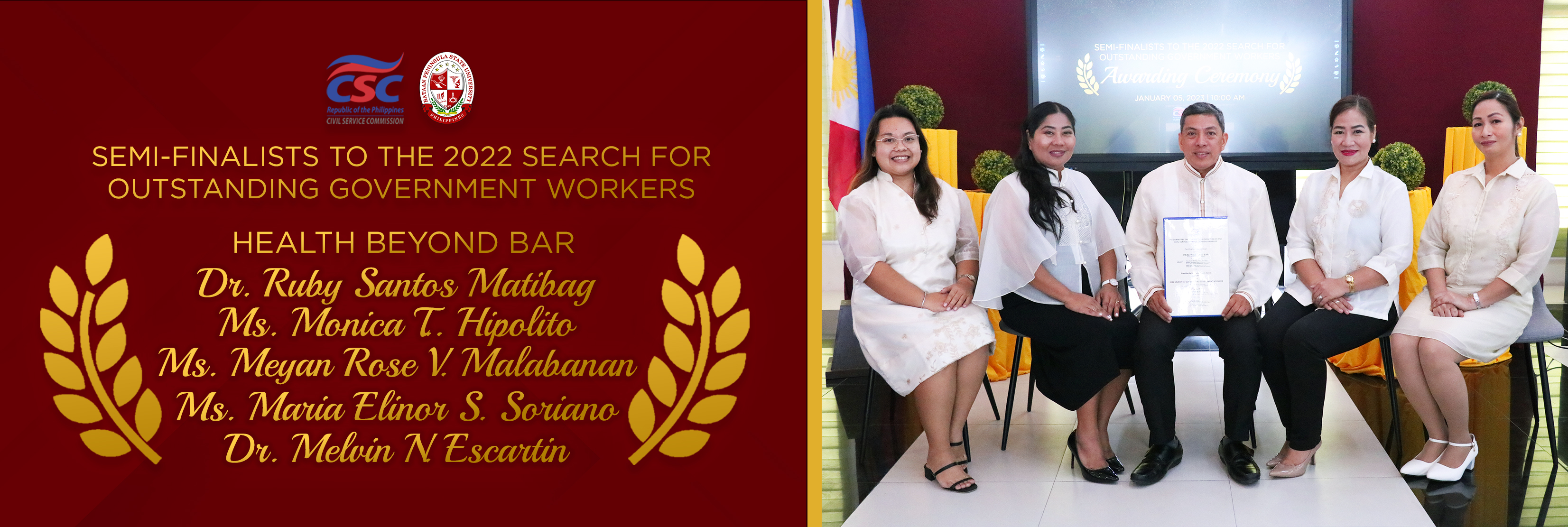
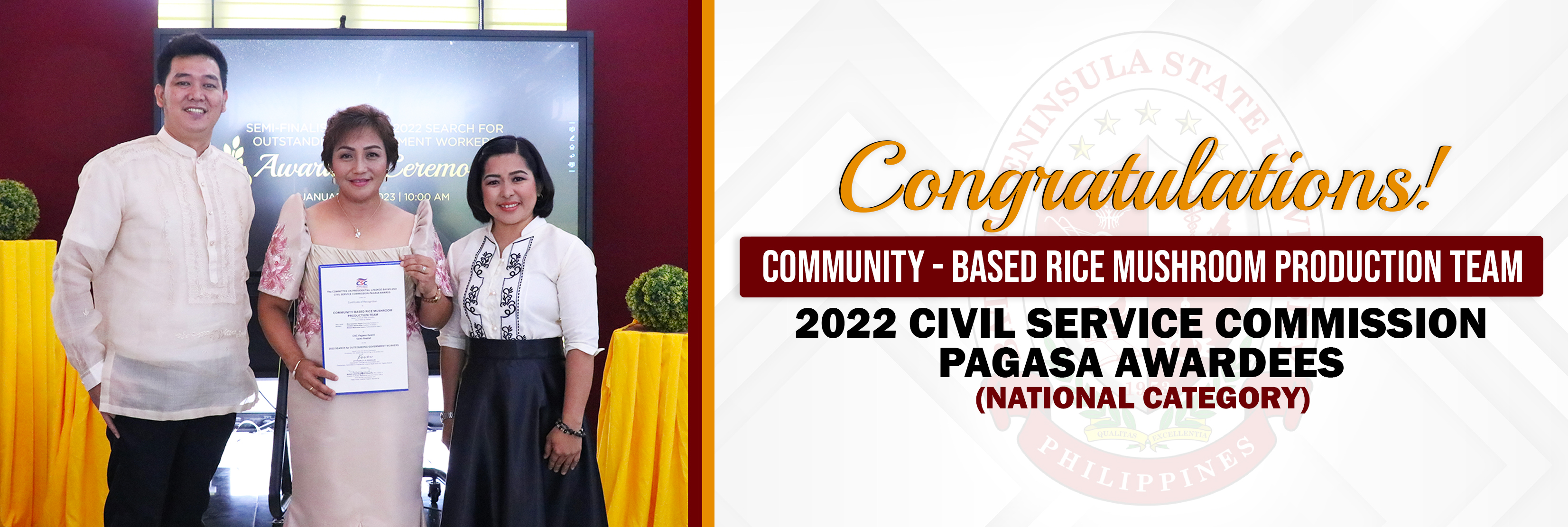









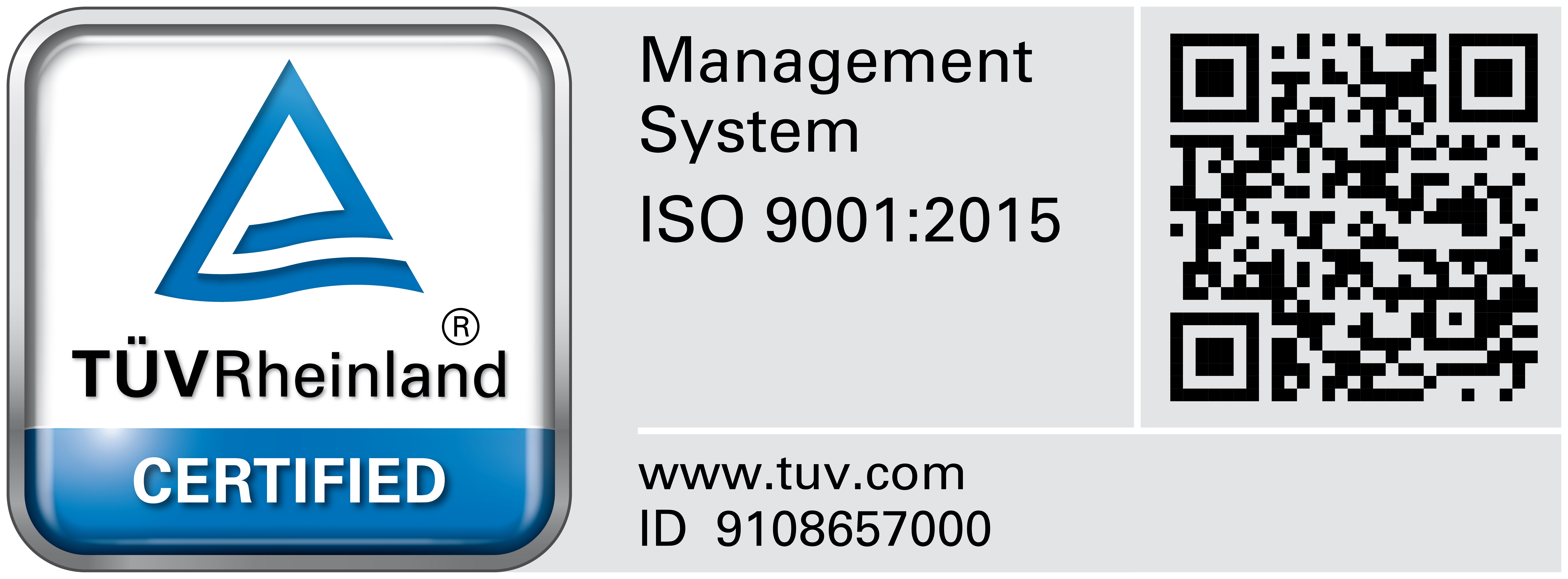


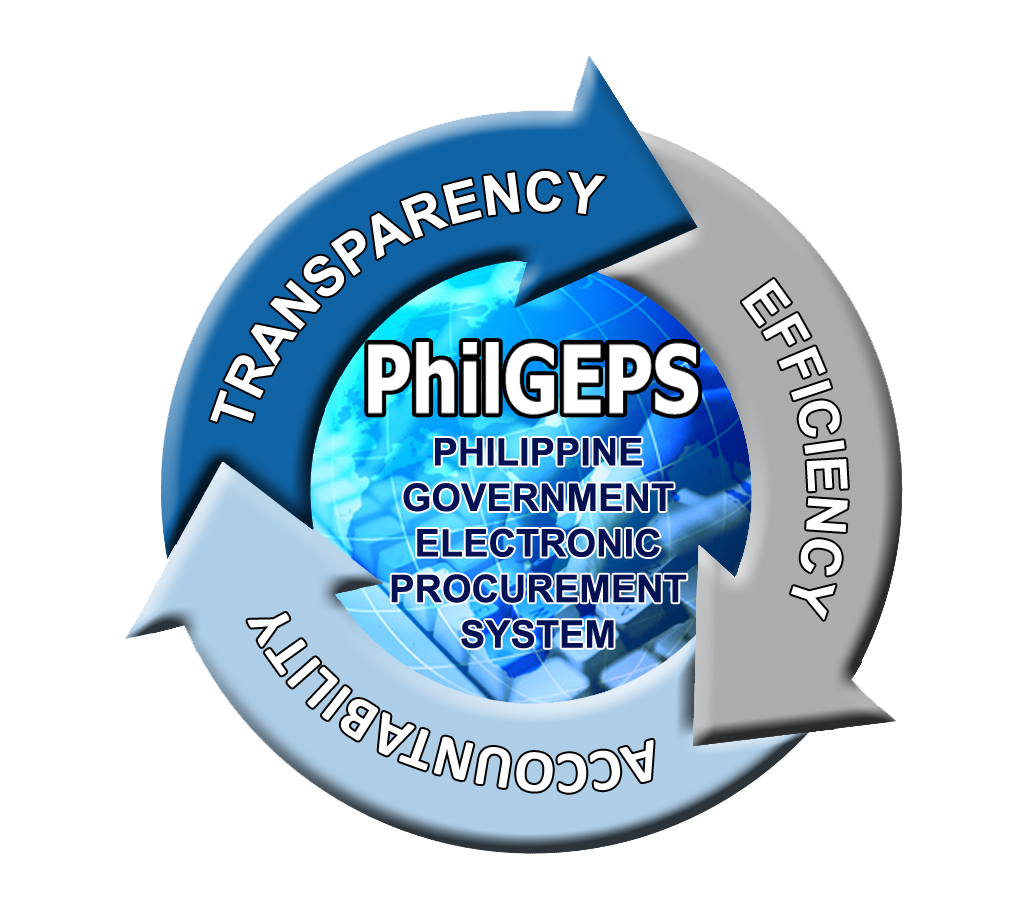



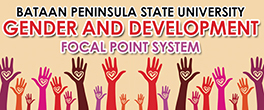





 Bataan Peninsula State University
Bataan Peninsula State University